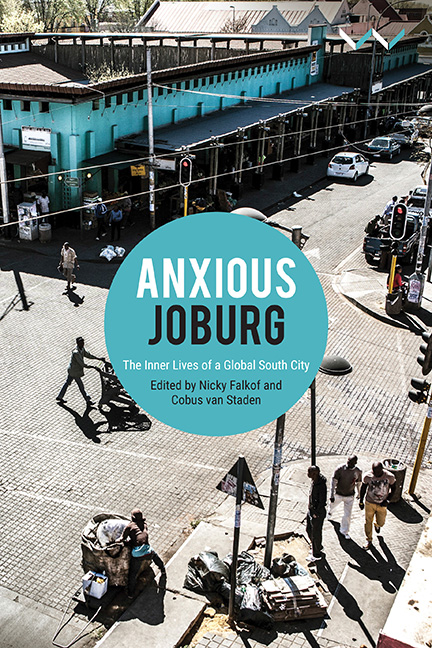Book contents
2 - ‘It’s Not Nice To Be Poor in Joburg’: Compensated Relationships as Social Survival in the City
Published online by Cambridge University Press: 16 June 2021
Summary
I remember years ago on Twitter, Mapule, the girl from Botswana? Yes, I remember we were talking about this blessee–blesser thing. I think there was an episode of Checkpoint and they were talking about that. I remember she tweeted, and she said something so interesting. She was like, ‘I haven't lived in Joburg but from what I hear, it's not the best place to be poor’ – which is so true! She was explaining why she sort of understood why young women would want to date older men for money – because it's not nice to be poor in Joburg … You either have the phone, or you don‘t. You either go on the holidays, or you don‘t. You either wear the clothes, or you don‘t. You either go to the clubs and pop bottles, or you don't – and you want to. It's not nice to not live a nice life in Joburg … You don't want to be poor in Joburg. It's not nice to be on the outside looking in, in Joburg.
This quotation comes from an interview that I conducted for a piece of social anthropology research with ‘blessees’ in Johannesburg: the latest moniker for young women who date older, moneyed men and display their conspicuous consumption on their social media accounts. In the study, I conducted participant observation with three middle-class, university-educated women in their twenties who are on Twitter and engage in what can be called compensated relationships. This phrase is derived from ‘compensated dating’, a phenomenon in Eastern Europe and Asia where adolescent girls are given money for companionship and intimacy (see Swader and Vorobeva 2015; Li 2015); here, it is applied to consenting adult women in their twenties and older. The aim of this chapter is to establish how young women in the high-pressure city of Johannesburg define and practise love and intimacy in their romantic relationships in the era of social media and the #blessed lifestyle.
Olivia, a 26-year-old candidate attorney, is in an exclusive relationship with Siyabonga, an advocate in his forties, who regularly gives her money. She lives in Johannesburg, works in Pretoria, and constantly moves between the two cities to socialise. In the interview quoted above she refers to a Twitter interaction with Mapule, a woman from Botswana, whose anecdote is evidence of Johannesburg's far-reaching notoriety.
- Type
- Chapter
- Information
- Anxious JoburgThe Inner Lives of a Global South City, pp. 45 - 63Publisher: Wits University PressPrint publication year: 2020



